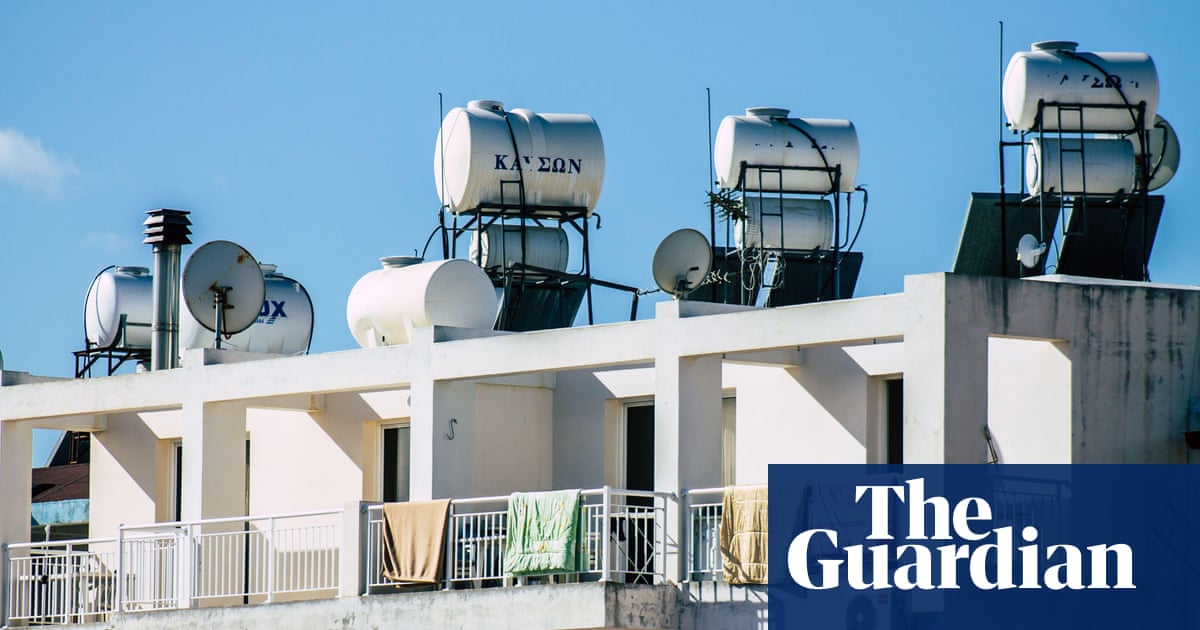Cyprus has outstripped all other EU member states in embracing hot-water solar systems, with an estimated 93.5 % of households exploiting the alternative energy form for domestic needs.
The solar thermal systems not only collected solar energy as heat – usually generated through electricity and the burning of fossil fuels – they were extremely cost-effective and had helped spawn an entire industry, he explains.
“It’s been great for low-income families and then there’s the jobs: so many have been generated,” the MP says. “There are the local manufacturers who produce the parts and then all the people who are trained to install them. It’s big business.”
In his role as environment commissioner, Theopemptou pushed hard to make the solar systems obligatory on all newly constructed residential and commercial buildings – a move instituted by Israel back in the 1970s.



The math depends on where you’re living, but what would you mathematically compare here, available required roof area ?
Because the SWH, if put in a place like cyprus, consumes next to no electricity. Pumps and electronics, but even that is pretty nil if the tank is on the upper floors. So let’s assume a mild sunny climate where the electrical heaters of both the heat pump and the solar heater are off. The heat pump requires power and the water heater doesn’t. As for cloudy days, with proper insulation, a SWH can keep the tank piping hot for a few days.
Personally i don’t see how a heat pump could beat a SWH in costs over time.